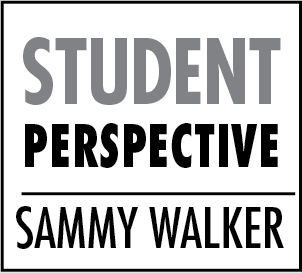Sarah was only 10 when she first began using drugs. Born into a family of abusive addicts she had started with pills mostly, downers, and then coke, meth, xanax. By the time she was a teen, Sarah had become an avid user of narcotics. After being arrested following a high that brought her near death, she was put in a boot camp for troubled teenagers. The staff at this camp would yell and force Sarah to participate in extensive physical activities, then withhold food if she failed. Talking to her caretaker at her new treatment center, tears streaming down her cheeks, Sarah says she wished she could have just died.
Addiction — we have fought it for years and years with extensive rehab, and for good reason. These programs have saved many people and their families, lifting addicts from the grasp of alcohol and drugs and allowing them to live. But the truth is that these traditional methods of treatment have become outdated. With new technology and new insight, it has become clear that our society has been viewing and treating alcohol and drug addiction wrongly for close to a century.
Most of us do not really understand how drug dependence works and thus have illogical views on it. People have been brought to believe that addiction reflects a lack of will in the addict, but this is another common misconception. Research shows that 60 percent of drug dependence is due to the genetic makeup of the affected person. Addicts are also often expected to simply cease using/drinking as soon as they are told, as if this is a simple decision they can make, which it is not. “If you went to your doctor during your first bout with asthma, would you expect to be cured after just one inhaler?” asked Mark Willenbring in an interview with the New York Times. “Of course not. Why not approach addiction the same way?”
Rehabilitation programs based on the old ideas of Alcoholics Anonymous often demoralize patients, making them believe they have a defect, which is very harmful to them considering most of the time these people need affection and kindness more than anything. A study from 2012 showed that many of the counsellors who work in these programs don’t have much experience, and some states only require counselors to have a high school degree. Between the lack of proper training and the reliance on outdated methods, traditional programs have been failing to help addicts.
Sadly, addiction is still prevalent, and although we should not stop battling it, it is time to change the way we fight it. Rather than nonmotivated, we should view addicts as patients and victims of a cruel disease. Often times the original cause for using drugs is a lack of love and support. Addicts need this more than anything, not cruelty. For troubled, drug-dependent people like Sarah, changing our views and treatment methods are their best hope at winning the battle against drugs.
Sammy Walker has lived in Homer for 15 years and enjoys outdoor activities and his town.


